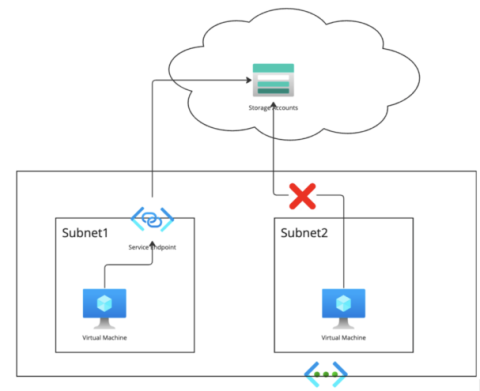Introduction to Ozone on Cloudera Data Platform
When considering whether Ozone is the right fit for your company, view it from several different angles. You can look at it from the perspective of Lower TCO, or reducing the carbon footprint of your Data Center. Other things to consider are how much your data is increasing and at what rate, and if you have enough hardware to cover that growth.











